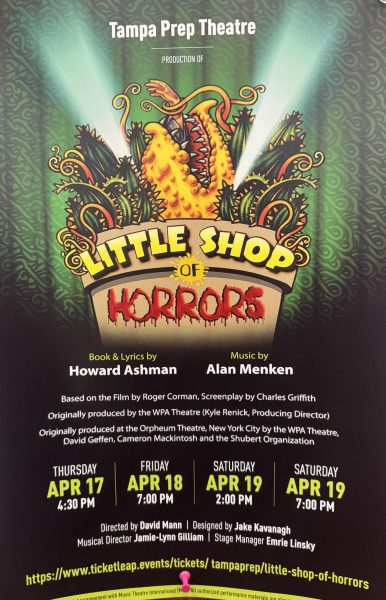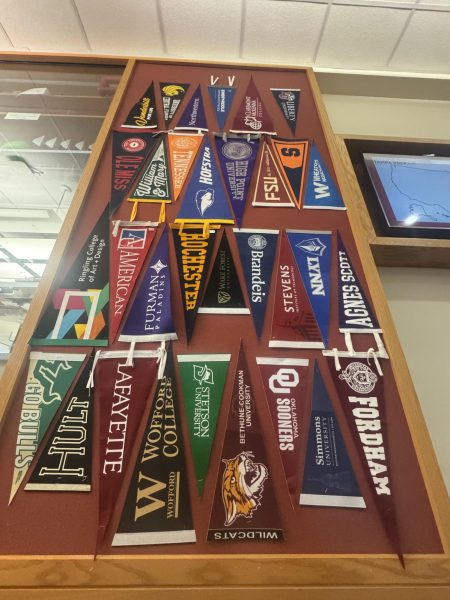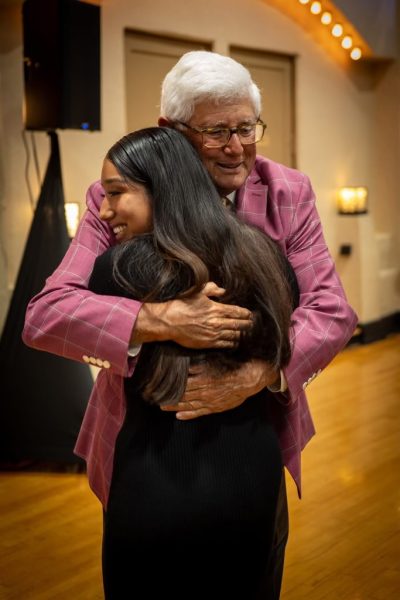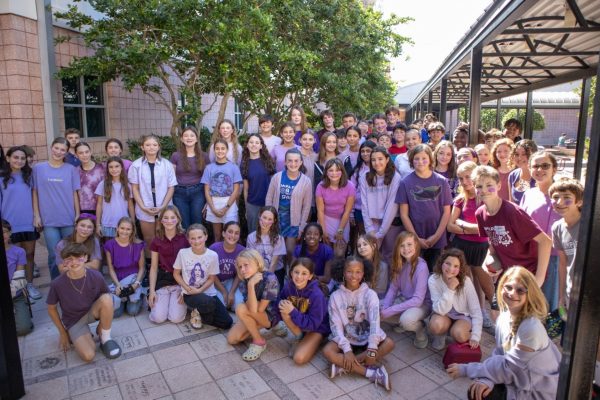Protest on the Chiefs in Tampa
As the Kansas City Chiefs arrive in Tampa they will be facing more than some tough football competition at the Super Bowl. There has been a dispute over whether the Chiefs bear a name that is offensive to the Native Americans for years, but their recent win, qualifying them for the Super Bowl, put them in the spotlight, provoking protests across Tampa.
These protests are being continued after the ones last year at Super Bowl 54 last February. They have led to the Chiefs banning the headdresses and Native American-style face paint at their home field; the NFL has supported this by applying this rule at Super Bowl 55 at the Raymond James Stadium.
Before kickoff on Sunday, a local group plans to protest at the Super Bowl Stadium to encourage the team to drop the “Chiefs” name out of respect for the Native American tribes. They encourage everyone to join them by creating social media pages with all of the details to their protests and expressing that they deserve more respect and to be taken seriously as human beings rather than mascots used for games.
This group is greatly supported by the Florida Indigenous Rights and Environmental Equality in St Petersburg, who want to emphasize how offensive the team name is to indigenous people who see their culture appropriated. They feel that their spirituality and ancestors are disrespected by fans who wear the headdresses and war paint and perform the Arrowhead Chop without understanding its significance to the history of the Native Americans.
“People associate that name with the tomahawk chop, with war paint, with the headdresses; all goes together”, Alicia Norris, co-founder of the local protest group, said in her public address to reporters . She believed the only way to end these protests is for the team to change the name all together, even though the name was chosen without the intention of referencing the Native Americans.
The team was initially named after the former Kansas City Mayor who was commonly called by the nickname “Chief,” but after they put an arrowhead on the helmet, fans assumed they were referring to the Native American Chiefs.
“When you make indigenous people into a mascot, it’s extremely dehumanizing, especially for children. This is coming to our backyard, so we’re going to say something about it,” Norris said in an interview with a reporter from the Tampa Bay Times.








